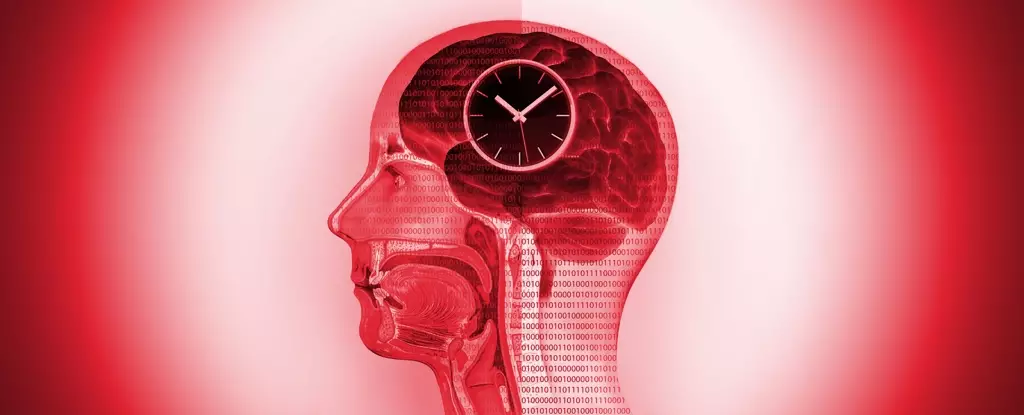Amidst the global struggle against obesity—a challenge that afflicts over a billion individuals worldwide—new research is shedding light on innovative solutions to this pervasive problem. The recent findings from scientists in China reveal that intermittent calorie restriction (IER) not only aids in weight loss but also triggers profound changes in the gut microbiome and brain function. This symbiotic relationship between gut health and cognitive processes could redefine therapeutic approaches to managing weight effectively and sustainably.
Revolutionary Findings on Intermittent Calorie Restriction
In a study involving 25 participants categorized as obese, researchers implemented a 62-day intermittent energy restriction program that interspersed caloric intake with days of fasting. What transpired was not only a remarkable average weight loss of 7.6 kilograms (16.8 pounds) but also noteworthy alterations in biochemical and neurological activities. By deploying sophisticated functional magnetic resonance imaging (fMRI), the researchers observed significant shifts in the brain’s activity, particularly in regions closely tied to appetite regulation and addictive behavior.
Qiang Zeng, a leading health researcher, emphasizes that these results illustrate a dynamic interplay within the human brain-gut-microbiome axis. The findings suggest that modern dietary strategies might need to evolve, acknowledging the complexity of biological communication between our gut and brain—an intricate dialogue critical for making effective weight management decisions.
The Brain-Gut Connection: More Than Just Digestion
The ramifications of this study echo far beyond mere numbers on a scale; they hint at a transformative understanding of how we perceive food and make dietary choices. Numerous studies have hinted at the gut’s role as a “second brain,” capable of influencing mood, cravings, and even decision-making through its microbiota. The recent discoveries reveal that the relationship is even more complex, with specific gut bacteria—like Coprococcus and Eubacterium hallii—showing notable correlations with changes in brain activity. These bacteria negatively impacted specific areas of the brain crucial for executive function, thus potentially undermining an individual’s willpower in resisting unhealthy food choices.
The bi-directional communication between the gut microbiome and the brain indicates that manipulating one could yield benefits for the other. For instance, certain dietary choices could alter gut bacteria, consequently influencing brain chemistry and behaviors. This connection could unveil new avenues for therapies that target both diet and mental health, demonstrating that effective obesity interventions should consider not just what we eat, but how it interacts with our minds.
Obesity and Its Implications on Public Health
The rising incidence of obesity is alarming, as it serves as a precursor to various health complications such as diabetes, heart disease, and even cancer. Given this context, understanding the interconnectedness of mental and physical health becomes paramount. Insights like those from this study are critical in potential public health applications, showcasing the need for a holistic approach in addressing obesity. Rather than solely focusing on calorie counting, embracing dietary practices that promote gut health could be pivotal in fostering sustainable lifestyle changes.
As biomedical scientist Liming Wang articulates, the next frontier lies in deciphering the mechanisms driving the communication between the gut microbiome and the brain in the context of obesity and weight loss. Getting to the root of how these systems interact could prove essential in crafting effective management strategies tailored not just to individual preferences but also to the underlying biological frameworks involved.
Potential Pathways Forward
As we advance our understanding of how intermittent calorie restriction affects not just body weight but also brain function, the implications extend to developing more effective dietary guidelines. This emerging science offers hope, suggesting that interventions could become more personalized, addressing unique biochemical configurations within individuals. Future research must further explore these connections, unearthing therapeutic potentials that revolutionize our relationship with food.
In closing, the prospect of utilizing intermittent calorie restriction as a tool for improving both gut health and cognitive function signals a pivotal shift in obesity management strategies. This approach does not merely treat the symptoms but endeavors to alter the very mechanisms of behavioral guidance related to eating, setting the stage for a healthier, more balanced lifestyle.

